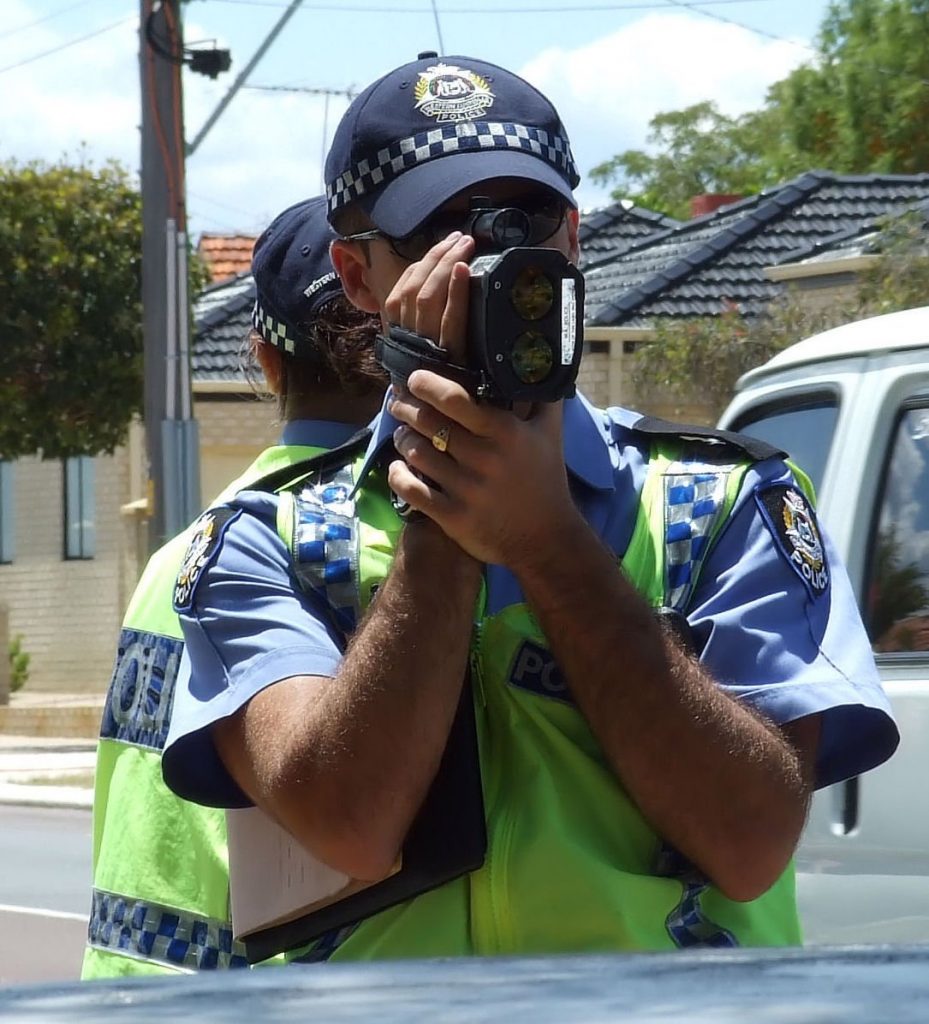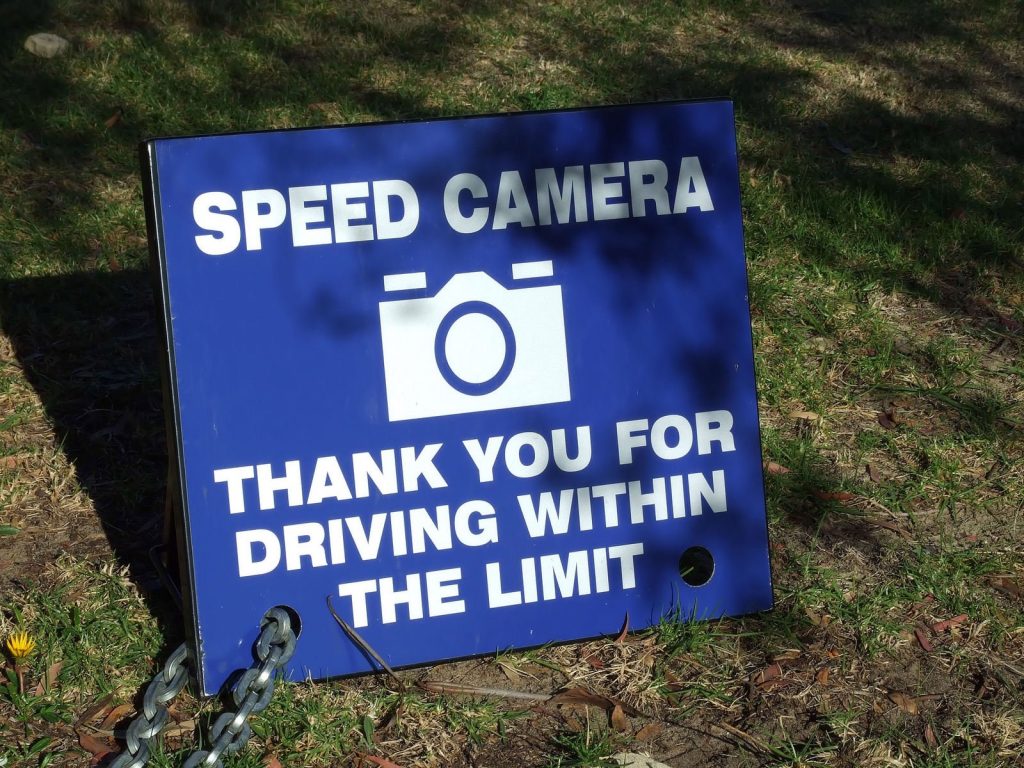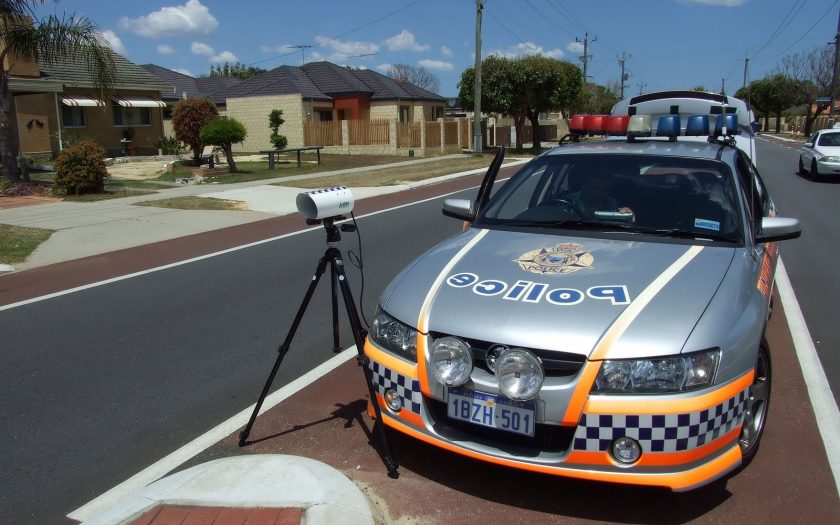Well, Trent, welcome to the club!
It used to be a basic tenet of our society that people were innocent until proven guilty, but this has gone by the board when it comes to speeding fines, parking fines and other so-called traffic offences. Unfortunately, you’re guilty until you can prove yourself innocent, and this is not always easy to do. Or, for many people, affordable.
However, you do have some options that may help and before you have to spend large sums of money.
Now, the first thing that we need to make very clear is that we at seniordriver.com are not legal experts, so we can advise, but we strongly suggest that you get legal advice before proceeding (if you can, go along to a lawyer who doesn’t charge for the initial consultation). And as usual, we are indebted to Aussie Speeding Fines (find them here) for some of the information.
In law, the case against you needs to be proved “beyond reasonable doubt”. But before it gets to a legal stoush, try some simpler responses.
We don’t know which state you are in (or where you received your speeding fine). We also don’t know if it was incurred by a fixed or mobile speed camera or some other means. What many people don’t realise is that when people are adamant they weren’t travelling at a speed alleged (usually by a police officer), they are often right. The problem is, of course, proving it to the satisfaction of a review committee or court.
Request a review
Depending where you received your fine, you can request a review. In most states, you can go online and complete a form, starting with your infringement notice number. Google “challenge infringement notice” followed by your state of residence.
You can request a review if you believe:
- The decision was contrary to law
- You committed the offence but there were exceptional circumstances
- There has been a case of mistaken identity
- You were unaware of the notice and it was not personally given to you
- You had special circumstances (websites list these, and you will need to provide substantiation)
- Your fines resulted from family violence.
In any event, you have nothing to lose by writing a letter asking for your case to be reconsidered. Just don’t hold out much hope of your fine being rescinded.
Internal reviews are not available if your offence was excessive speeding (in Victoria, 25km/h above the speed limit or at more than 130km/h if the limit is 110km*), drink driving, drug driving, rail safety work offences or alcohol related boating offences.
Obviously, if you were fined when someone else was in possession or control of the vehicle, you can nominate the driver responsible.
Once your application is received, your request will be reviewed within 90 days (or longer if you are asked to provide additional information).
*This is, in itself, illogical. How can exceeding a 110km/h limit by 20km/h be considered “excessive speed” while exceeding a 25km/h speed limit by 20km/h, or almost double the posted limit not be “excessive”? Which is more dangerous? Which puts more people (particularly pedestrians) at risk? Ah, but which catches more drivers and generates more revenue?
Possible outcomes of a review
- The fine is withdrawn, and no further action is taken
- The fine is withdrawn, and you are issued with an official warning
- The matter is referred to the Magistrate’s Court (or the Children’s Court if you are under 18)
- Any fees associated with the fine are waived or varied
- Any additional steps imposed by the fine are waived or varied
- A payment arrangement is approved
- The fine is confirmed
If the review fails, you’ll be notified by mail or email to confirm the decision, how much you need to pay and when you need to pay it by.
Case in point
Reviewing agencies used to be more lenient, and willing to listen to reasonable appeals.
This is no longer the case.
Some time ago, we heard of a case where a driver received an infringement notice for exceeding the speed limit by 8km/h at 4.56 am on his way to the airport, caught on a fixed speed camera. He sent in a request for a review based on a number of factors, but did not dispute that he was exceeding the speed limit:
- It was early in the morning and there were no other vehicles, people or animals in the vicinity (confirmed by dash cam)
- The offence was recorded at the bottom of a long downhill stretch of road
- He had the vehicle’s cruise control set to the speed limit
- It was not his car, so he didn’t know that the cruise control was incapable of holding the car to the set speed
- He had a clean driving record for many years and no demerit points on his licence
Two of those reasons (cruise control set to the speed limit and not being familiar with the car) should have qualified as the legitimate defence of “an honest and reasonable mistake” (as detailed later in this article).
The response was specific: there is never an excuse for a driver not to be in control of the vehicle (so having cruise control set to the speed limit was not a defence, nor was being unaware of the inefficiency of the cruise control); the fact that no other road users were put at risk was ignored, as was the positioning of the speed camera at the bottom of a long downhill incline; and best of all, “a clean driving record” has no bearing on the matter, reinforcing the belief that it’s all about penalties, never encouragement. The point was also made that there is never, under any circumstances, a legitimate reason for exceeding the posted speed limit, something that has been challenged and dismissed in court. The letter concluded: “I am satisfied that the alleged offence was committed and the issue of the notice was justified, therefore my interference in this matter is not warranted.”
The driver elected not to contest the matter in court.

Getting it right
Aussie Speeding Fines has produced an e-Book entitled Speeding Fines; What You Really Need to Know
It contains step-by-step strategies on how to fight speeding fines and provides example letters to respond to any speeding fine. It sells from $67 as a digital e-Book. We strongly recommend getting hold of it, preferably before you face a speeding fine. It is also available as a hard copy.
The response letters are designed to force Police (or the agencies acting to fine you) to prove that the law they are booking you under has been enacted correctly and lawfully, and that the device used conforms to the relevant Federal requirements and was used correctly.
The book then goes on to explain how you can defend yourself in court, should you decide to take it further.
Taking it to court
Alternatively, you can ask that the matter be heard in court. Once you submit a court request, your application cannot be withdrawn. You can request a review of your fine, even if your fine has reached Notice of Final Demand.
All speeding fines can be challenged in a Local Court. If you have received an infringement notice, you need to fill in the form that tells the issuer you will not be paying the levied fine but taking the matter to court.
Then, the matter will be listed at the Magistrate’s Court, and you will need to appear before the court at a specified date and time.
There are two defences.
The first is that it was an “honest and reasonable mistake”. In other words, you honestly and reasonably believed that you were not exceeding the posted speed limit. This doesn’t apply simply because the speed limit was less than you thought it was. An example might be if you were travelling at the speed limit according to your speedometer but later have it tested and find that it is not properly calibrated. In the example cited above, the driver had no reason to assume that speed control set to 60km/h would not keep the vehicle to 60km/h.
However, Trent, you claim that you weren’t travelling at the alleged speed. And that is a very different situation altogether.

Speed cameras, radar and Lidar are notoriously inaccurate. If the recording device hasn’t been properly maintained or calibrated, it may return an inaccurate reading. Parked cars have been issued with speeding infringement notices. And in another bizarre case, a 30-year old Datsun 120Y was issued a speeding fine for travelling at 158km/h in Deer Park (Victoria), despite later mechanical tests proving it could only reach a top speed of 117km/h.
If your offence is alleged to have been high range speeding (more than 30km/h over the limit), device inaccuracy can be an important point. In court, you may be found guilty of a lesser offence (such as exceeding the speed limit by more than 15km/h) and you may avoid a mandatory disqualification period.
If you fight the fine in court, you must build grounds for “reasonable doubt”. Are there errors in the documentation? Has the recording device been properly tested and calibrated, as required by the manufacturer? Can the police prove it was you driving at the time?
And perhaps most convincing of all: do you have a record of the event on a dash cam connected to GPS? We are yet to hear of dash cam footage being accepted in an Australian court and leading to the case being dismissed, but there are examples from overseas. And if your dash cam records you travelling at a speed different from that in the expiation notice, at the time the notice was issued, that surely constitutes “reasonable doubt”.
The possible outcomes of a court hearing are that you will be found guilty and a conviction will be recorded; you may be issued with a new fine (which could be greater or less than your original Infringement Notice); your case may be dismissed or discharged; the matter may be adjourned to a later date; you may be ordered to do unpaid community work.
Read related seniordriveraus.com articles (here), (here) and (here)
Whilst every care has been taken in the preparation of this article, seniordriveraus.com recommends seeking legal advice before taking action. Information contained in this article is for guidance only
